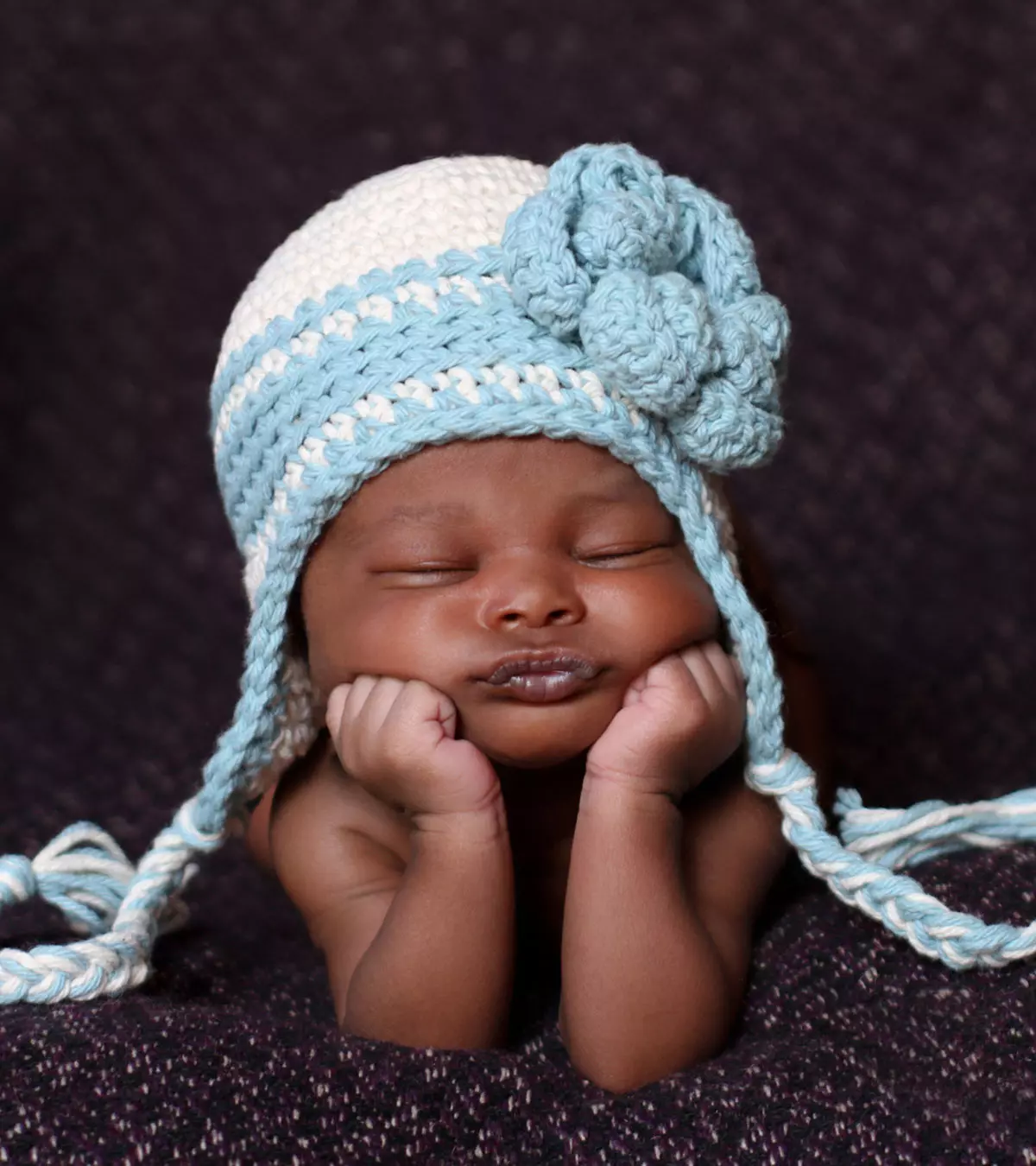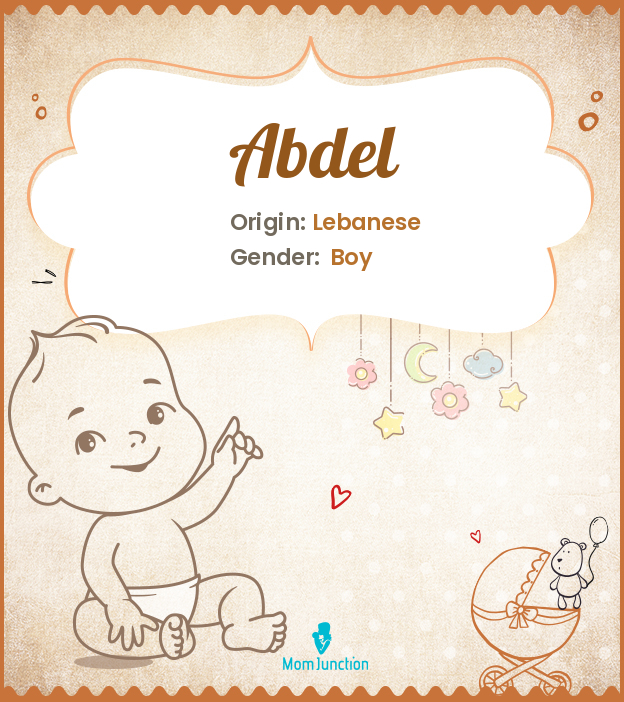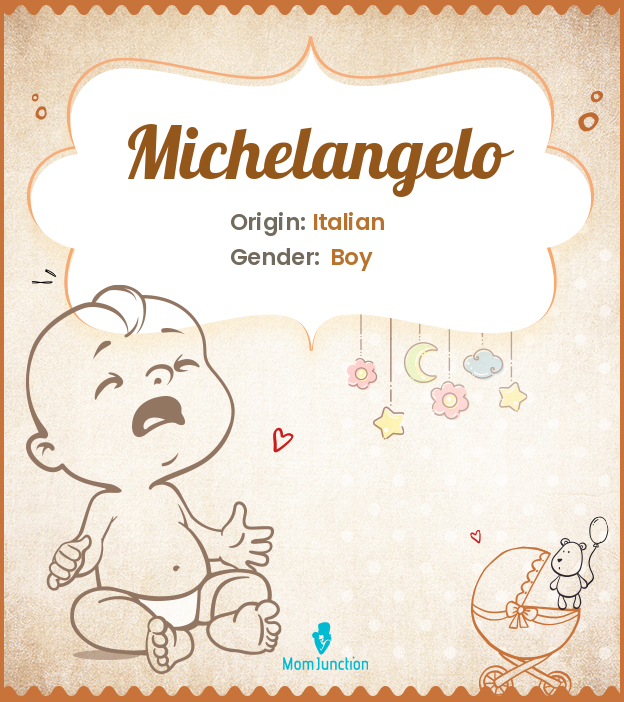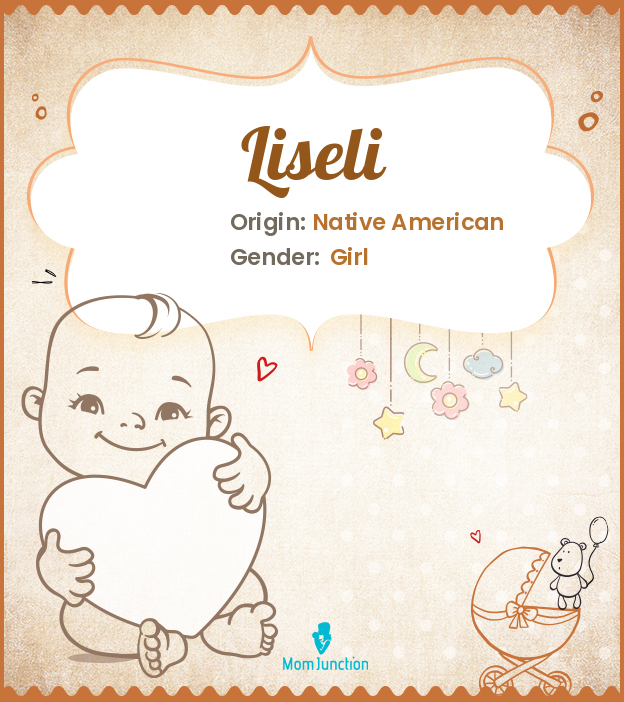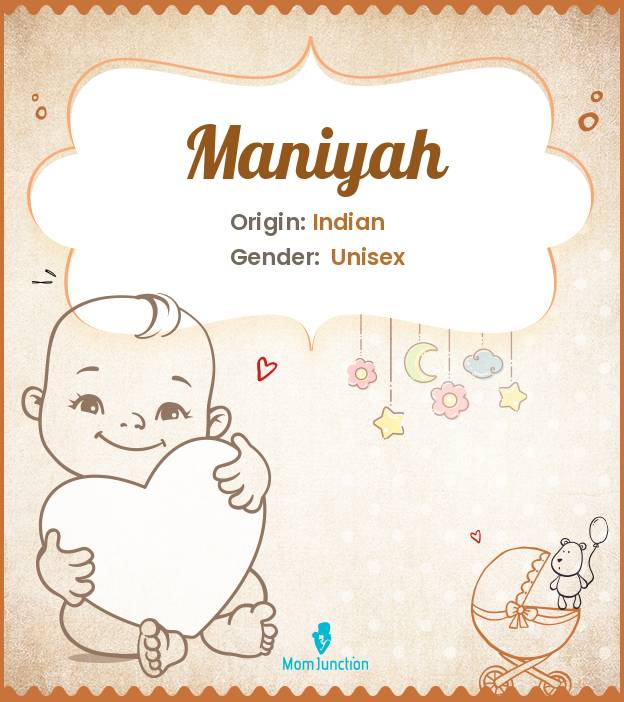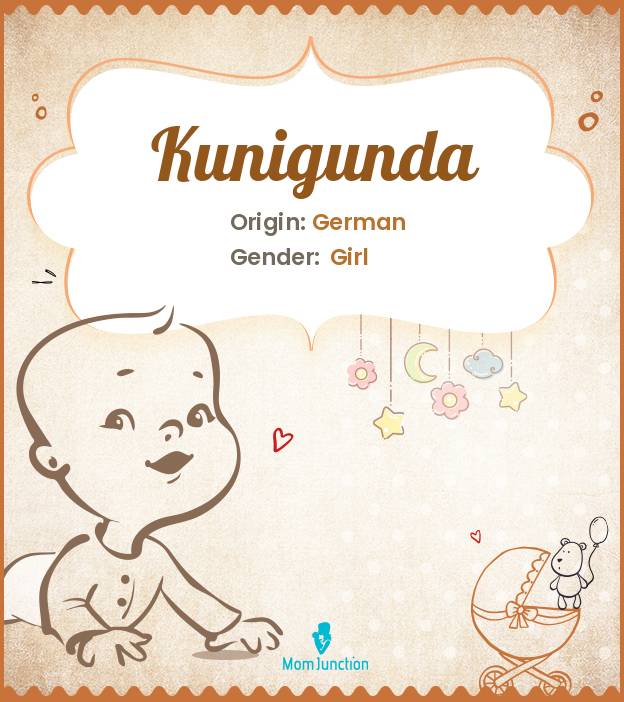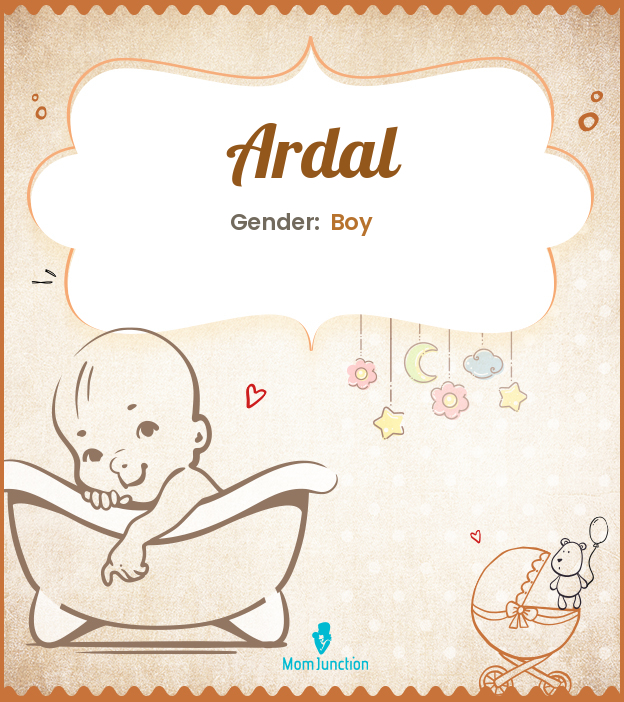131 Unique Yoruba Boy Names
Enriching names from the fascinating ancient world ethnic African tribes.
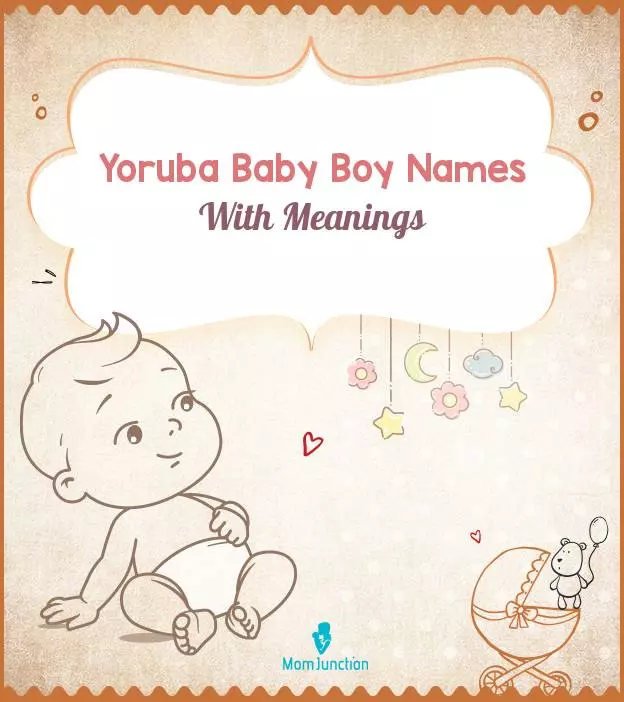
Illustration: MomJunction Design Team
In Yoruba culture, one of the largest ethnic groups in West Africa, naming a child is an artful process that reflects the family's values, beliefs, and aspirations. Yoruba baby boy names hold a profound connection to the child's heritage. They often convey meaningful messages about their personality and destiny. Naming ceremonies are of great importance to the Yoruba. Their naming ceremonies follow a similar pattern, but various groups and families have their own distinct customs. Furthermore, over time, some of these traditions have changed, and some have been entirely discarded (1). The Christening Ceremony is a cross-cultural tradition as parents give names to their newborns. A name holds significant importance in all African cultures and religions. Among the Yoruba people in Southwest Nigeria, naming is akin to revealing the social DNA of the individual, uncovering their ancestry, occupation, education, birth circumstances, aura, and religious background. Names reflect the aspirations, expectations, and prospects the name-givers wish for the newborn. Some circumstantial names represent the hopes and fears of the child's biological parents and relatives. The Yoruba even consider the mother's birth condition, her mode of delivery, and the child's position before selecting names (2). A name is not merely a label but a profound connection to one's roots and the circumstances influencing one’s birth. It is a cherished tradition that binds generations together, celebrating the rich tapestry of history and culture that makes the Yoruba people unique and proud. The importance of preserving traditional names and customs cannot be overstated in a world of evolving cultural dynamics. Yoruba baby boy names serve as a testament to the community's enduring legacy, passed down through generations with pride and love. By bestowing a Yoruba name upon their child, parents celebrate their heritage and contribute to the continuation of a cherished tradition. Read our post to learn more about Yoruba baby boy names.
On This Page
Browse Baby Names By Gender
Browse Baby Names By Alphabet
| Name | Gender | Meaning | |
|---|---|---|---|
| | Oarsman; Rower; Lord consoles in me; Heaven; Sky | ||
| | Brave; Heroic; Valor | ||
| | Seemed destined to die at birth; Free-born; Beloved | ||
| | Next in line; Let's give; Only once; Only one | ||
| | Walk with wealth | ||
| | I belong to God | ||
| | The crown has turned to joy | ||
| | God is the king | ||
| | Authority belongs to God | ||
| | We gave praises and he came | ||
| | Father has awakened | ||
| | Father has come again | ||
| | One who brings joy and happiness | ||
| | One who is special to have | ||
| | One who has strong blood; Powerful person | ||
| | Crown has brought us great joy | ||
| | Worth joy; Many; World | ||
| | The crown is with wealth | ||
| | Precious crown | ||
| | Royalty returns home | ||
| | Born into wealth | ||
| | Brave; Warrior | ||
| | God loves me | ||
| | Acquiring God's treasure | ||
| | He who is celebrated; Long hoped-for child | ||
| | The king; Ruler | ||
| | Stay with me; Stand by me; The Lord stays with me | ||
| | The King loves me | ||
| | Mine has turned into joy | ||
| | It is the will of God | ||
| | One who is worthy for praise | ||
| | To God be the glory | ||
| | My wealth is increased | ||
| | The son of royalty; A Variant of Abiola | ||
| | Dead and awake; Bad deed | ||
| | One to be petted and made much of; Leader; Chief | ||
| | Matchless; Unique; Exclusive; Has no equivalent | ||
| | Too much; Extreme; Food; We had; And | ||
| | The crown has brought peace | ||
| | One who is crowned to bring wealth | ||
| | The crown meets joy | ||
| | Merry man; Anger; Father; Source of all light; Sun | ||
| | To mock or ridicule someone | ||
| | Gathers wealth; Victory of the people | ||
| | My wealth has increased by one | ||
| | God; Lord; Chief; Ruler | ||
| | God loves me | ||
| | God won't allow humiliation | ||
| | One born during the holiday | ||
| | One born before the war | ||
| | A Nigerian term meaning royalty dwells within me | ||
| | The royal one | ||
| | Don't ever leave me | ||
| | One who waits for the joy of life | ||
| | The second child born after twins | ||
| | Without God I'm destitute | ||
| | Freedom | ||
| | The father returns again | ||
| | Honor will come. | ||
| | Summer | ||
| | One who is born to royal parents | ||
| | My pains have been compensated with the arrival of this child | ||
| | The crown honored us | ||
| | The crown can be measured to wealth | ||
| | The crown is worthy of praise | ||
| | The crown is entitled to the throne | ||
| | Wealth has returned | ||
| | Father's wealth has arrived | ||
| | Build a home for me | ||
| | He who brings joy with himself | ||
| | He has come with joy | ||
| | Mixed with wealth | ||
| | Wait to rest | ||
| | The devil has lost | ||
| | I rely on God | ||
| | Give honor to God | ||
| | A shy or timid man | ||
| | The one who brings the crown | ||
| | A beautiful love | ||
| | Messenger of God | ||
| | A wealthy family | ||
| | The act of God | ||
| | The miracle of God | ||
| | Jesus is worthy of worship | ||
| | A person born on Friday | ||
| | Wealth goes forward | ||
| | Do not destroy joy | ||
| | Do not let it be a thing of pain | ||
| | A boy who is born of wealth | ||
| | A man wearing a crown of wealth or affluence | ||
| | I waited on the Lord | ||
| | One who stands on the promise of God | ||
| | A man who graciously accepts God's will | ||
| | To God belongs the glory | ||
| | One who is placed in God's care | ||
| | Born in royalty | ||
| | Clean my tears lord | ||
| | God has made his wealth complete | ||
| | God is indeed worthy of praise | ||
| | Year of happiness | ||
Yoruba baby boy names embody the essence of Yoruba heritage, values, and aspirations. The thoughtful naming process in Yoruba culture celebrates new life and links the child to their roots and cultural identity. These names hold deep significance, carrying the dreams and hopes of both the family and the community for the newborn. Preserving this cherished tradition ensures the continued vitality of Yoruba history and culture. It fosters pride and love across generations and enriches the lives of those who carry these meaningful monikers.
Frequently Asked Questions
1.What are some Yoruba names for twin boys?
In Yoruba society, twins are revered, and their birth is a cause of celebration. Despite the gender of the baby, the firstborn will be named Taiwo, which means ‘having a first taste of the world,’ and the second child will be named Kehinde, which means ‘arriving after the other.’ (3)
2.What are some names that mean blessing in Yoruba?
Although not many names specifically mean ‘blessings,’ a few names can be related. For instance, Olusula is a unisex name that means ‘God makes wealth,’ while Ayobami, also a unisex name, means ‘joy has met me.’ Oluwaremilekun is another unisex name meaning ‘God has dried my tears.’
3.How are Yoruba baby boy names chosen?
Baby names in Yoruba are usually chosen based on their meaning, specifically to describe more about the person holding the name. They tend to elaborate more on the birth circumstances in which the baby was born, for example, the day, the location, or the order they were born (4).
4.What is the significance of Yoruba names?
Yoruba names have a distinct quality of reflecting the significance of their culture and linguistic heritage. Yoruba names are compound words combined with elements like ‘ade, ayo, fe, omo, ola, Olu, ife, ire, and oluwa’ in between or in some part of the name (4).
5.How have colonialism and Western culture influenced Yoruba baby boy names?
Long Yoruba baby names have been shortened; for example, Oluwole can be shortened to ‘Wole’ and Taiwo to ‘Tai.’ The influence of Christianity and other Western names can also be seen in Yoruba names, with many having a Western nickname. Such names are usually taken from the Bible, like Joseph. Moses, etc. (4).
6. What are some common nicknames or diminutives used for Yoruba baby boy names?
Many Yoruba names are shortened from their original spellings (4). Some examples are Olufemi which can be shortened to Olu or Femi, Adegoke can be shortened to Ade, and Olamilekan to Lekan.
Infographic: Trendy Yoruba Baby Boy Names
Yoruba baby boy names are a treasure trove of rich meanings and cultural heritage. Rooted in the Yoruba language and traditions, these names carry deep significance, reflecting the child's ancestry, aspirations, and spiritual beliefs. Discover the beauty and power of Yoruba baby boy names in the infographic below and choose a meaningful and distinctive title for your charming little prince.
Illustration: Momjunction Design Team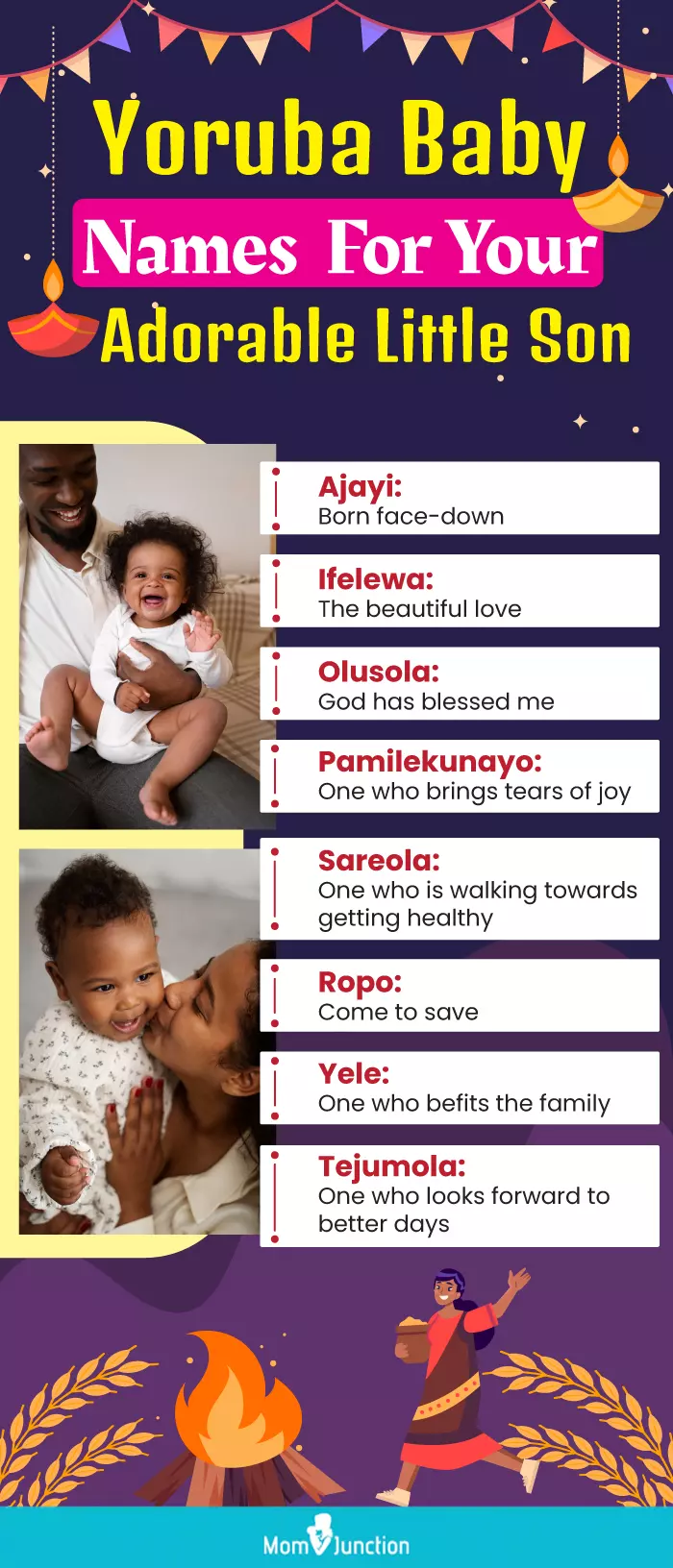
References
- Concept Of Naming In Yoruba Culture.
http://www.ekimogundescendant.org/concept-of-naming-in-yoruba-culture/ - ‘Home Before Naming’: Naming Practices and Yoruba Characterization in Femi Osofisan’s Selected Dramatic Texts.
https://www.bu.edu/africa/files/2021/02/Home-Before-Naming-Naming-Practices-and-Yoruba-Characterization-in-Femi-Osofisans-Selected-Dramatic-Texts.pdf - Yoruba Customs and Beliefs Pertaining to Twins.
https://www.cambridge.org/core/services/aop-cambridge-core/content/view/98B7AE1DB8FB7E1BF4AD8BFDDD68C4C7/S136905230000252Xa.pdf/yoruba_customs_and_beliefs_pertaining_to_twins.pdf - A GUIDE TO NAMES AND NAMING PRACTICES.
https://www.fbiic.gov/public/2008/nov/Naming_practice_guide_UK_2006.pdf
Look Up For Many More Names
Do you have a name in mind and want to know more about it? Or want to find names belonging to a particular origin, religion, or having a specific meaning? Use our search tool below to explore more baby names with different combinations.

Community Experiences
Join the conversation and become a part of our nurturing community! Share your stories, experiences, and insights to connect with fellow parents.
Read full bio of Trisha Chakraborty
Read full bio of Shikha Thakur
Read full bio of Kavita Kankani






